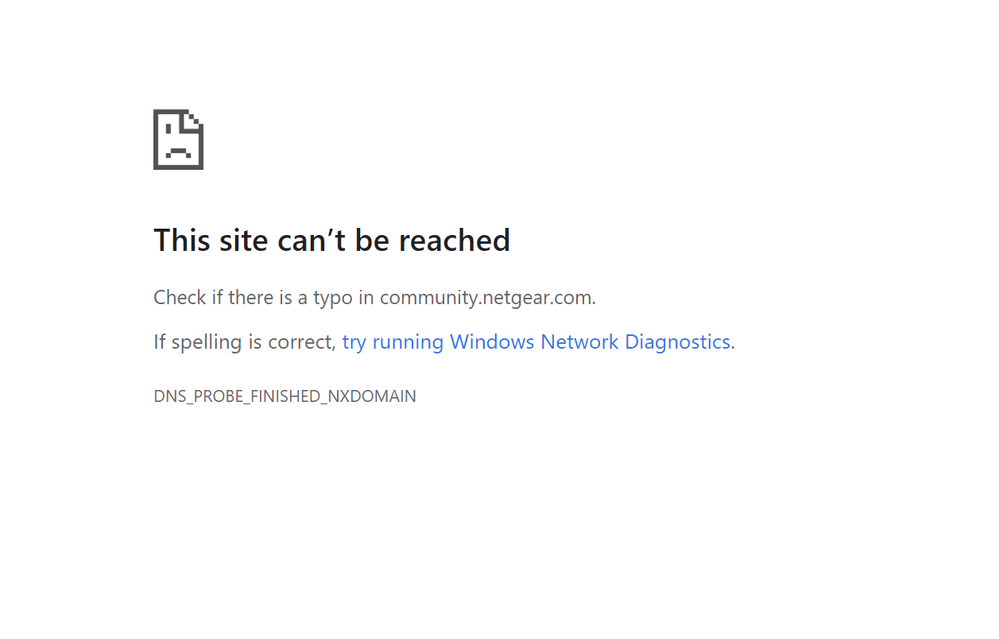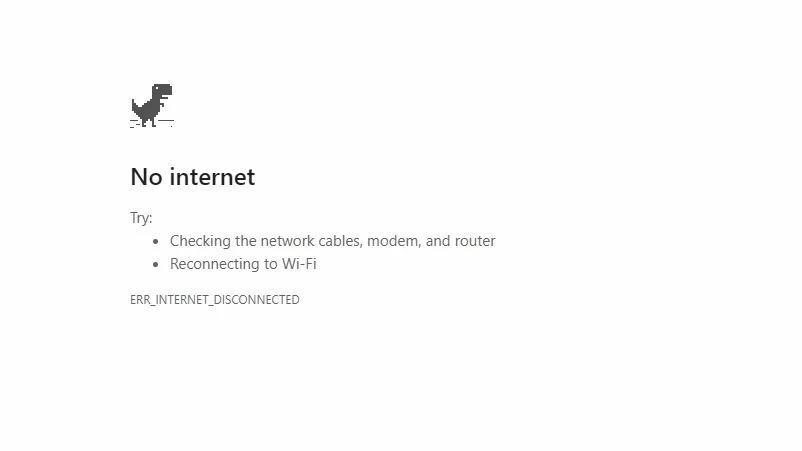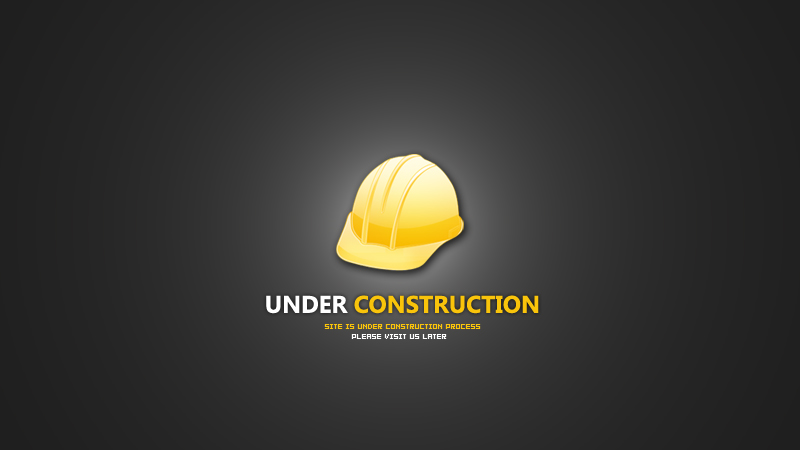Why is my website broken or down?
You might be seeing some of these errors

404 Page


Site can’t be reached

Internet issue

Error 521 – Server is down

Under Construction
Is it just a glitch? Here’s how to test and find out.
- Check other browsers like Firefox, Safari, Google, etc.
- Check a browser in incognito mode – learn how to do this here
- Clear your cache and history – learn how to do this here
- Ask a friend to check

Reasons to regenerate a backup of your site
Hacking or Security Breaches: If hackers have compromised a website, it may be taken offline to prevent further damage or to conduct repairs.
Software or Code Errors: Bugs or errors in a website’s code can cause functionality problems or crashes.
Other questions you might have
I spoke with my hosting/domain provider, but I didn’t understand what the issue was.
Sometimes you might speak to someone in support who is very techy. It can be frustrating when you don’t understand or vise versa. Patience is key when interacting with anyone in support so try talking with someone on a different day, allowing ample time to discuss the issue in depth, and be up front with them when you don’t understand.
I didn’t have a backup of my site. I’ve tried getting it back, but sadly it’s gone. What should I do next?
I regenerated a backup of my site, but it’s still broken. Why?
I’ve had my website for some time and never needed an SSL before. What changed?
I continue to have problems with my website where I have to contact my hosting/domain provider. Should I switch and how would I do that?
What's the downside if my domain, hosting, or SSL expire?
How concerned should I be that my website might break or break again?
30,000 websites are hacked every day. If you are not working to maintain your website on a regular basis then I would be concerned. If your website has already broken once and you have yet to implement a strategy to prevent it again, then I would be even more concerned.
What steps can I take to prevent my website from breaking in the future?
Glossary
Cache A “cache” is a feature that enhances your computer’s browsing speed. When you visit a website regularly, your computer stores images and other data on your hard drive, allowing the pages to load more quickly. However, if the website updates, this stored data can lead to issues.
Clearing the cache instructs your computer to reset all previous data, settings, and activities. It’s similar to the classic troubleshooting method of turning a device off and then back on.
Domain ProviderA domain provider is a service that handles the registration of your domain name, like example.com. These registrars utilize Domain Name System (DNS) records to link your domain with various online services, including websites and email. Some well-known domain registrars are GoDaddy, Squarespace, and IONOS.
If you don’t remember who yours is, a simple way to look this up would be by looking at your billing statements.
Hosting Provider A web hosting provider is a company that helps make websites available on the internet. Websites are made up of different files, like text, images, and videos. These files need to be kept on a server, which is a strong computer that’s always online. A hosting provider gives you the space and resources to store your website files so that people can access them from anywhere in the world.
SSL SSL is a technology that keeps your internet connection safe by encrypting the data exchanged between a website and your browser (or between two servers). This helps stop hackers from accessing or stealing any information, like personal or financial details, during the transfer.
Website Backup A website backup is like making a copy of all the important files and information on your website, just in case something goes wrong. For example, if your website gets hacked or accidentally deleted, a backup allows you to restore everything to how it was before. This usually includes your text, images, and any other content you’ve added. Having regular backups ensures that you don’t lose your hard work and can quickly recover your site if needed.
